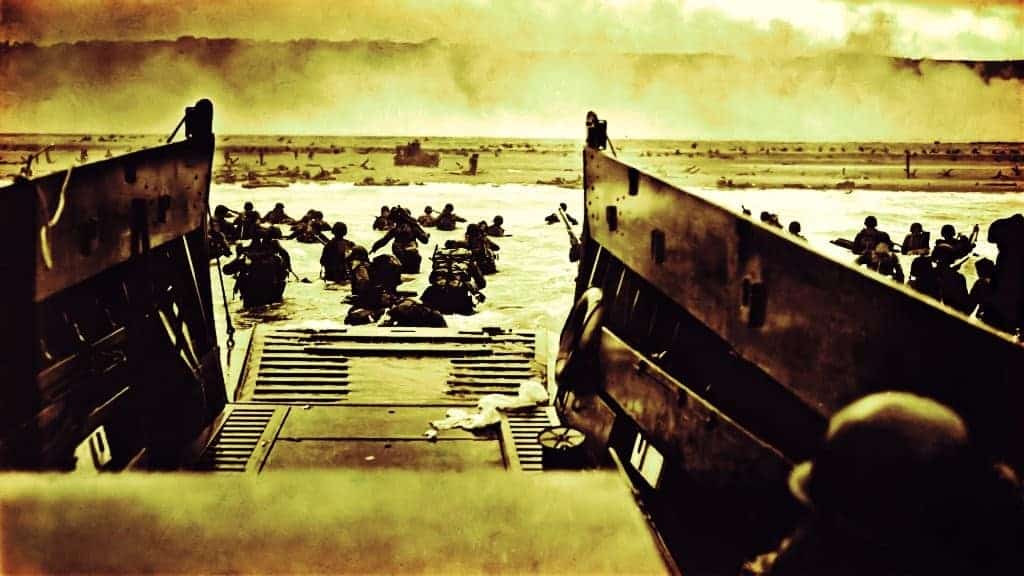Perceptions can be both potent and flawed. Through these narratives, we observe how the United States has wielded the power of speech to challenge global opinions about it. These instances of silence serve as a reminder that judiciously chosen responses possess the power to reshape narratives and debunk stereotypes.
The Power of Speech: How Well-Chosen Replies Shift Perception
In 2003, while I was in Switzerland attending a presentation at the World Economic Forum, George Carey, the former Archbishop of Canterbury, posed a question to Powell. “Do you not think the United States relies too much on ‘hard power’?” he inquired, alluding to military actions and the conquering of nations, rather than appealing to ‘soft power.’ The latter entails relying on shared values that are common across major religions and building trust on the basis of those values.
Powell retorted, “We have set forth from our shores repeatedly over the last century, and we have put wonderful young men and women in harm’s way. Many of them have lost their lives, and we have claimed nothing except enough ground to bury them.”
A hush fell over the room. One could hear a pin drop.
Conference in France
There was a conference in France involving multiple international engineers, including French and American participants. During a break, one of the French engineers returned to the room and exclaimed, “Have you heard the latest foolishness from Bush? He’s sent an aircraft carrier to Indonesia to help tsunami victims. What does he plan to do, bomb them?”
An engineer from Boeing stood up and calmly responded:
“Our aircraft carriers have three onboard hospitals that can treat hundreds of people. They operate on nuclear power and can supply emergency electricity to shore facilities. They have three cafeterias capable of feeding 3,000 people three meals a day, can produce thousands of gallons of fresh water from seawater daily, and house half a dozen helicopters for transporting victims and injured. The United States has eleven such ships. How many does France have?”
Silence once again filled the room. One could hear a pin drop.
German Conversations
A U.S. naval admiral was attending a conference featuring admirals from the navies of the United States, England, Canada, Australia, and France. During a cocktail reception, he found himself in the midst of a broad swath of officers hailing from most of these countries.
The dialogue was predominantly in English. However, a French admiral complained that while Europeans learn multiple languages, Americans only learn English. He then posed the question:
“Why must we always speak in English at these conferences rather than in French?”
The American admiral responded without hesitation, “Perhaps it’s because the English, Canadians, Australians, and Americans made sure you didn’t have to speak German.”
Again, the room went silent. One could hear a pin drop.
Omaha Beach on D-Day, 1944
Robert Whiting, an 83-year-old gentleman, arrived in Paris by plane. He took a few minutes to locate his passport while passing through French customs. The agent, in a sarcastic tone, asked, “Have you been to France before, monsieur?”
Whiting confirmed that he had indeed been to France before.
“Then you should know you must have your passport ready,” the agent shot back.
“The last time I was here, I didn’t need to show it,” the American retorted.
“Impossible! Americans always need to show their passports upon arriving in France!” the French agent insisted.
Whiting cast a stern glance and calmly explained, “Well, when I landed on Omaha Beach on D-Day in 1944 to help liberate this country, I didn’t find any Frenchmen asking for passports.”
The silence was deafening. One could hear a pin drop.
Confronting criticisms and preconceptions demands more than well-reasoned arguments; it calls for emotional impact. The moments described herein demonstrate that a well-timed response can do more than win an argument: it can alter the way a nation is perceived, even if it’s just during a fleeting instant of utter silence.
Thanks to Néstor J Peña for submitting this thoughtful piece.



